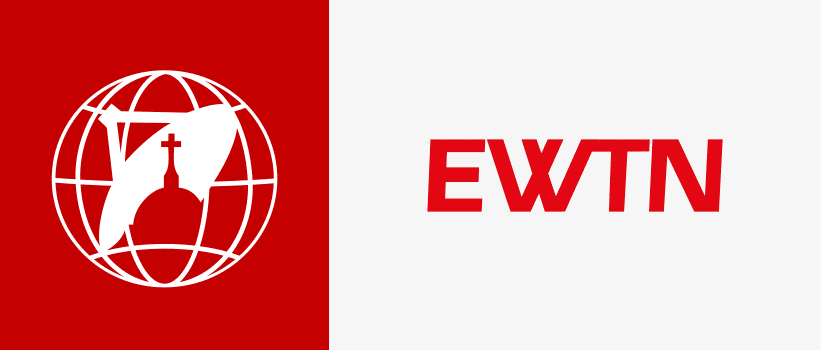Netherlands permits euthanasia for physically healthy 29-year-old woman
By AC Wimmer
A physically healthy 29-year-old woman was allowed to end her life through physician-assisted suicide in the Netherlands on the grounds of depression, sparking renewed debate about the sanctity of life and legislation.
Zoraya ter Beek died by euthanasia on May 22. Despite being physically healthy, the woman from Oldenzaal, a town near the German border, chose to end her life due to mental health issues.
Only days before her death, ter Beek told The Guardian: “People think that when you’re mentally ill, you can’t think straight, which is insulting.”
Diagnosed with depression, anxiety, trauma, and other issues, she was approved to die by assisted suicide for “unbearable suffering with no prospect of improvement,” as per the official Dutch Euthanasia Code.
Her case has reignited a contentious debate across Western countries. France is currently debating the legalization of euthanasia and assisted suicide, with President Emmanuel Macron pushing for new laws.
The Catholic Church has been consistently outspoken in its opposition to euthanasia.
Cardinal Willem Eijk, the archbishop of Utrecht, has previously commented on the implications of broadening euthanasia criteria in the Netherlands. In a 2020 interview with CNA, Eijk said: “The respect for the essential value of the life of a human being is eroded ever more in the last half a century, which was inescapable.”
The Dutch cardinal, who studied medicine and holds doctorates in medical bioethics and in philosophy, noted: ”For, once accepting the termination of life for a certain measure of suffering, one will always be confronted with the question of whether it should not also be allowed in suffering that is only a little bit less.”
Rise in numbers
For decades, the Dutch Bishops’ Conference has emphasised the sanctity of life and the moral obligation to protect it. In a statement published in October 1999, the bishops argued that euthanasia undermines the fundamental principle that human life must be protected and valued. They stressed that there is no “right” to euthanasia and that legal exemptions for doctors who perform euthanasia contradict the principle of protecting human life.
Eijk has also been vocal about the broader societal implications of euthanasia. “It puts pressure on medical professionals to participate in euthanasia as part of their normal responsibilities and undermines the trust between doctors and patients,” he said. “Moreover, it can create a climate where the terminally ill feel obligated to choose euthanasia to avoid being a burden on their families.”
The Catholic Church’s teaching on euthanasia is clear. “[Euthanasia] is morally unacceptable. Thus, an act or omission which, of itself or by intention, causes death in order to eliminate suffering constitutes a murder gravely contrary to the dignity of the human person and to the respect due to the living God, his Creator,” the Catechism of the Catholic Church states (No. 2277).
Despite this strong opposition, the Netherlands opened the door to the euthanization of children under 12 in 2020.
In 2022, 8,720 people in the Netherlands ended their lives via euthanasia, DutchNews reported, an increase of 14% from the previous year.
In her interview with the Guardian, ter Beek summed up the tragic perspective that led to her death: “In the Netherlands,” she said, “we’ve had this law for more than 20 years. There are really strict rules, and it’s really safe.”












